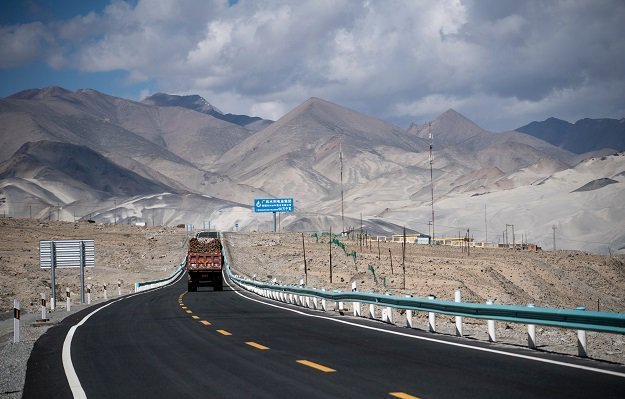ISLAMABAD ( Web News )
Chief Economist Planning & Development, Government of Balochistan, Mr Ghaus Bakhash Marri, has said that the lack of coordination between various government departments, is one of the major challenges for brining investment in renewable energy projects in Balochistan. Besides, security related issues are also impediment in achieving sustainable development in the province. He said this while sharing his views with the participants at the Public Private Dialogue ‘Roadmap for Sustainable Development of Balochistan: Aligning development priorities with Clean Energy Transition pathways,’ held by sustainable Development Policy Institute (SDPI), here on Wednesday.
He emphasized that ease of doing business must be taken care of to tap the real protentional of investment. There is hug e potential of wind energy in coastal belt and solar in the whole of Balochistan. However, the lack of transmission infrastructure and rural electrification is a bottleneck in the development and thus, micro grid based rural electrification with collaborative efforts of the public and private stakeholders needs to be explored, he added.
Mr Tauha Hassan Sidiqqui, while representing Balochistan Board of Investment, highlighted Balochistan’ potential of energy, particularly in terms of investment in renewable energy sector and said that a huge potential of wind corridor that starts from Gwadar and goes up to Makran region, is still remains untapped. The government strategy is to aim for inviting investors in different fields and our focus on energy investment aims to uplift Balochistan both in terms of foreign direct i nvestment (FDI) and public private partnership.
Energy sector expert, Dr Nadia Farooq, informed the participants that 30% of the world energy is expected to be of solar and wind in near future. She said that Asian Development Bank’s project of clean energy in Punjab and Khyber Pakhtunkhwa has supported the remote rural population.
She highlighted that Balochistan capacity in renewable energy sector is extremely high, However, transmission mechanism needs to be addressed on priority basis by the Federal and Provincial governments.
Dr Abdul Salam Lodhi, Professor of Economics, BUITEMS, Quetta, while explaining economic potentials of Balochistan in term of mining, agriculture, tourism, and international trade, said that the wind corridors in Noshki, Kharan and Killa Saifullah, are ideal locations to explore the real potential of wind energy.
Director, Bridge Factor, Mr Ashruff Hasan Rana, emphasized on the need for consistency of policy and said that the situation of infrastructure and security needs to be improved in the province. Likewise, Gwadar should be utilized as an opportunity along-with a strong focus on grid upgradation, he added.
Dr Hina Aslam, Research Fellow, SDPI, while presenting overall landscape of renewable energy in Pakistan, highlighted that SDPI is supporting the government to identify and develop an evidence-based framework for future Energy policy in term of generation and consumption. Moreover, SDPI has also established a network for clean energy transition which has been contributing to the transition of the political economy of the country, she concluded.
Dr Jaffar Khan Kasi from University of Balochistan and Dr Ahsan Abbas from CPEC Center of Excellence Mr Ahad Nazir, Head, SDPI Centre for Private Sector Engagement, also shared their thoughts with the participants on various dimensions of the topic.

